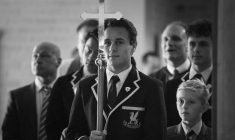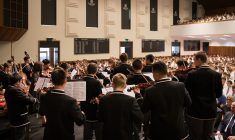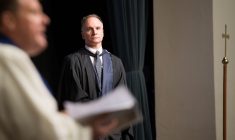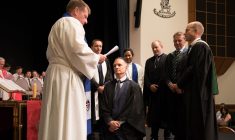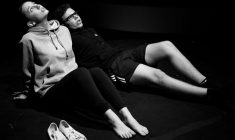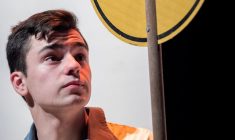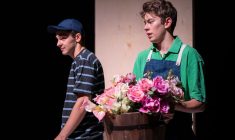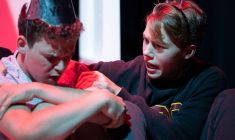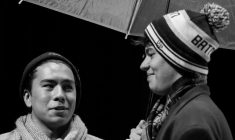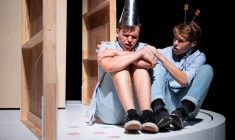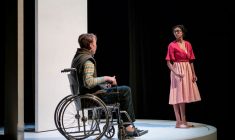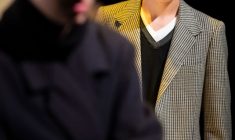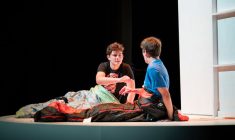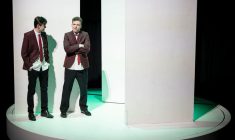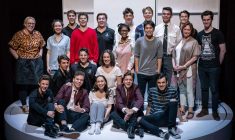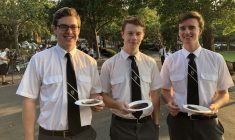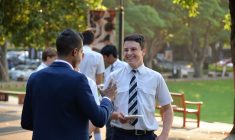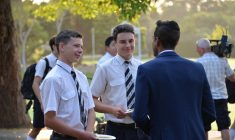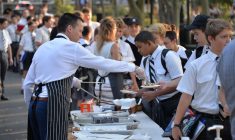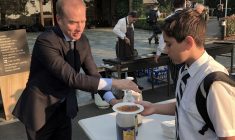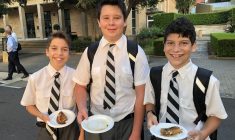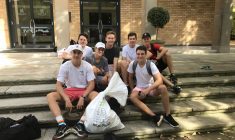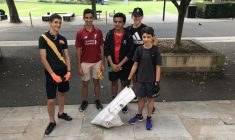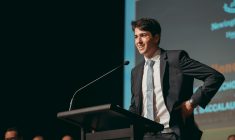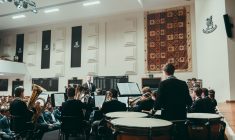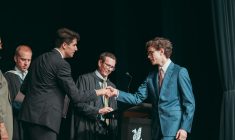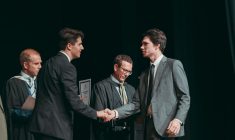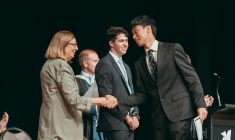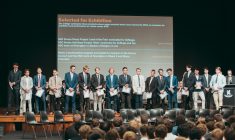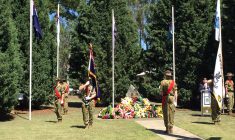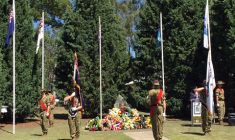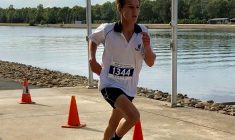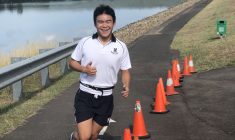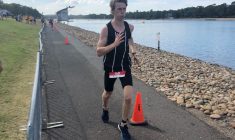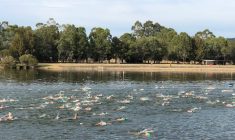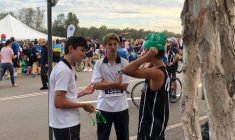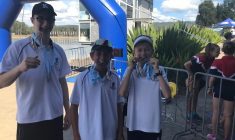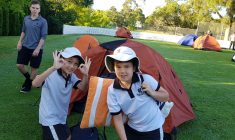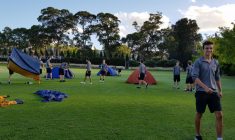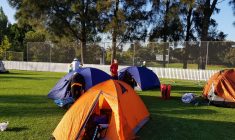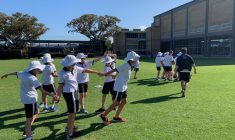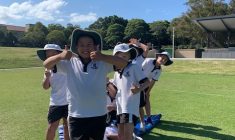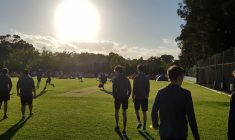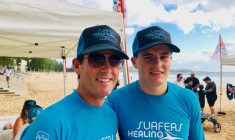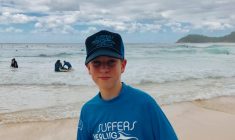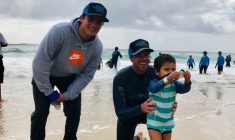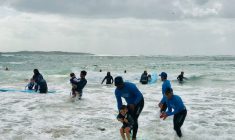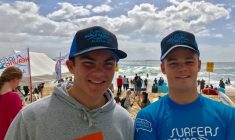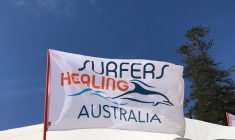Important Concussion Information for 2019
Baseline Concussion Testing
Newington College has once again teamed with sports injury specialist Dr Ryan Kohler to implement the HeadSmart Sports Concussion Program for schools and clubs. This year, at Stanmore, every student (Years 7-12) will be required to complete a preseason baseline computer concussion test. This is a tool used together with clinical questioning and a physical examination, to help in the management of a suspected concussion.
This online baseline test is a series of four card games structured to test memory accuracy, attention span, concentration and brain processing speed. It takes about eight minutes to complete. If a concussion is sustained, the player will repeat the same online test in the Health Centre, which is compared to the baseline.
All students will soon notice a green button on their Spaces page. Once clicked they will be able to see the online test. It should be completed at home in a quiet place without distraction for best results.
Baseline tests need to be completed by 31 March.
Concussion Clinics This year Newington will again run concussion clinics on Monday mornings in the Health Centre with a Sports Doctor. This is so we provide effective consistent concussion management. I will coordinate this clinic which commences on April 8, at no charge to the student.
Before returning to their contact sport, a player must:
- Be managing school and homework normally
- Have completed a Graded Return to Play program
- Have completed an after concussion online test which is comparable to their baseline
- Be symptom-free for a set amount of time (19 days for rugby) two weeks for other sports
- Have a medical clearance from a Doctor or our Sports Doctor (given to me in the Health Centre)
For more information
HeadSmart FAQ
Concussion Management – Guidance and Procedure
Community Concussion Guidelines
Football Federation Australia Concussion Guidelines
Concussion
While concussion can occur in any sport, we see more incidents during the winter sports season. A concussion is an injury to the brain, causing a disturbance in the brain’s ability to acquire and process information. It is usually caused by a blow to the head or indirectly by an impact to the body transferring a force to the brain. This causes the brain to rotate and/or move forward and backward within the rigid skull cavity.
A person does not need to lose consciousness to suffer a concussion but if a person does lose consciousness then it is an automatic concussion.
Concussion symptoms may evolve over hours or days following the injury.

Symptoms
Physical symptoms can include headache, vision disturbance, dizziness, vomiting, confusion, seizure, unsteady ‘jelly’ legs, ringing in the ears and loss of balance or being slow to get up.
Cognitive behaviour changes affect memory, judgement, concentration, reflexes and muscle coordination. The concussed player can ask repetitive questions.
Emotional changes such as irritability, feeling nervous, crying, aggressiveness or laughing inappropriately.
Sensitivity to light/noise and sleep disturbance (sleeping more or difficulty going to sleep) can also be symptoms of concussion.
On the day the rule is: if a concussion is suspected, the player is removed from play and must not be allowed back on that day. If in doubt, sit it out and seek medical attention.
Rugby AU have been trialling a blue card system. Once a player is shown a blue card by the match official, they cannot participate any further in the match and are required to undergo a mandatory medical assessment and then follow a set program before returning to rugby.
Management
Children and adolescents need a conservative approach as studies have shown that their brains take longer to recover. Most concussions will settle in 10-14 days but some symptoms may persist for longer.
A doctor will diagnose a concussion from clinical history and physical examination. Sometimes a CT scan or MRI is ordered to rule out any bleeding in the brain or fracture, but these tests will not identify a concussion.
The player who has a concussion should inform the school nurse, his coach(es) and Mentor.
The treatment for concussion is rest – physical and mental. Computer games, reading and doing homework, for example, tire the brain so initially it is best to stop these activities. As the symptoms reduce these can be gradually reintroduced.
Missing school or shorter school days may be required to ensure mental rest. A ‘Return to Learn’ plan may be developed to help with return to school and homework.
Once clinical symptoms have resolved a graduated return to play is undertaken with a medical clearance from a doctor required before returning to sport.
The Graduated Return To Play (GRTP) program.
Each stage of the GRTP takes at least 24 hours and the person must remain symptom-free after each stage. If symptoms develop then the player rests for 24 hours or until symptoms subside and starts that stage again.
| Stage 1 |
REST – mental and physical – once managing school. Graded Return to Play guidelines once symptoms have subsided. |
| Stage 2 |
15-20 minutes light aerobic exercise: walking / swimming / stationary cycling If no symptoms develop 24 hours later he progresses to stage 3.
|
| Stage 3 |
25 – 30 minutes sport-specific, non-contact drills with change of direction. If no symptoms develop 24 hours later, he progresses to stage 4.
|
| Stage 4 |
25-30 minutes sport-specific with team, non-contact drills and light weights. Remains at this stage until 19 days from end of symptoms has occurred (rugby). |
| Concussion Clearance |
A ‘Concussion Clearance Certificate’ from a medical doctor must be given to the concussion coordinator (School Nurse M Bates) before starting contact training.
|
| Stage 5 |
Contact training session / practice
If symptom-free 24 hours after Stage 5 then the player is able to participate in a game or event.
|
Helmets in sport have been shown to reduce impacts and lacerations to the head but have not been shown to reduce the incidence of concussion. They are essential when bike riding, skiing etc. to aid in the prevention of skull fractures.
The use of mouth guards has been shown to reduce dental injuries and maxillofacial injuries. Some studies have suggested that mouth guards reduced impact forces applied to the jaw from being transmitted to the brain.
Sister Margaret Bates
School Nurse


